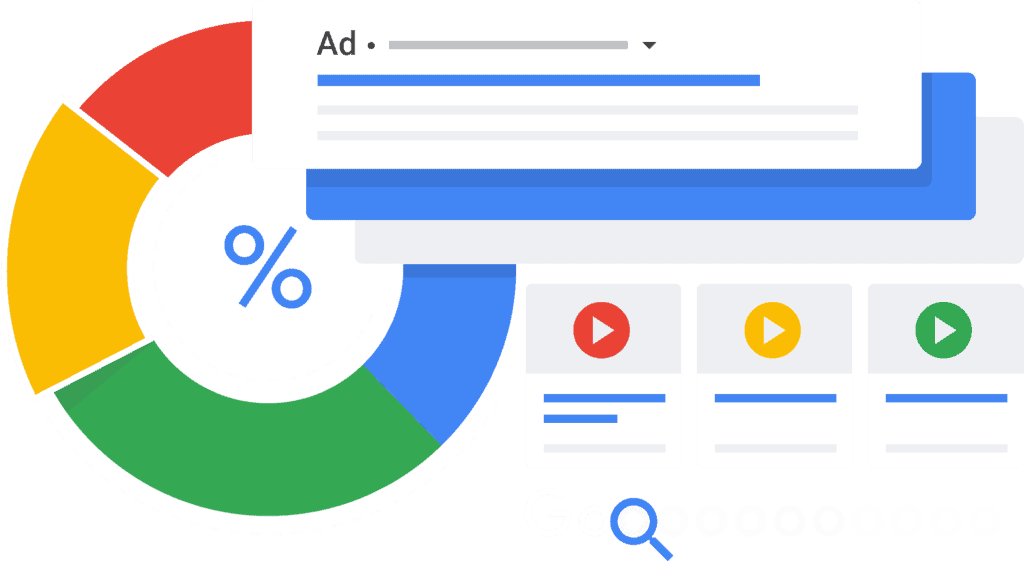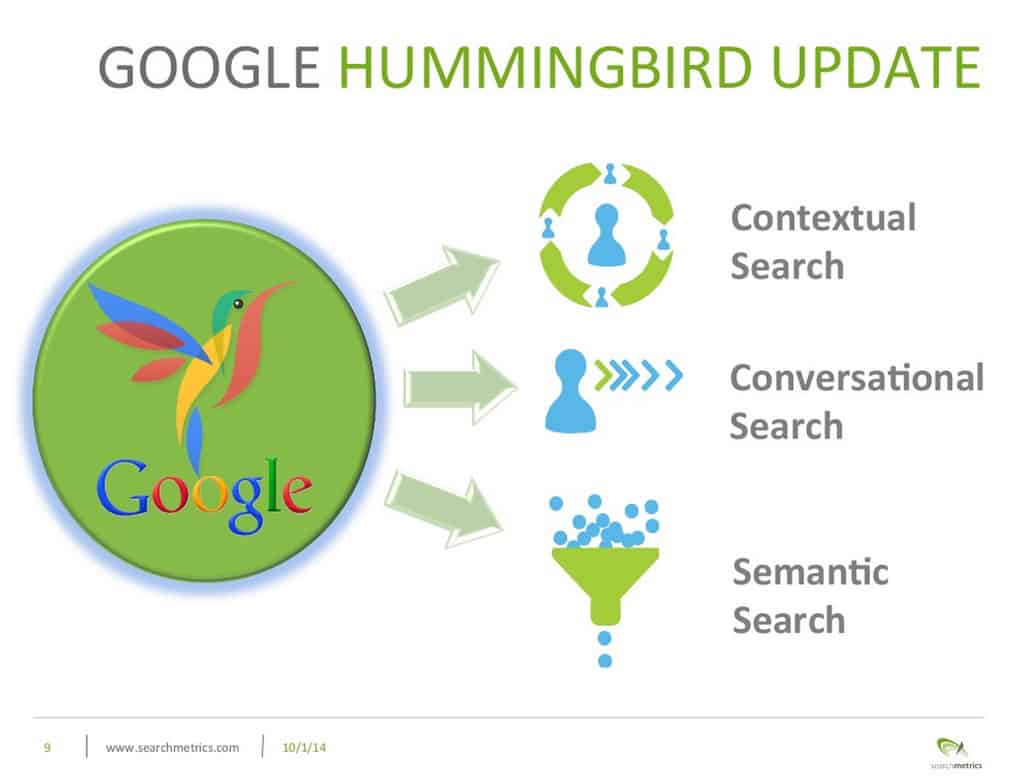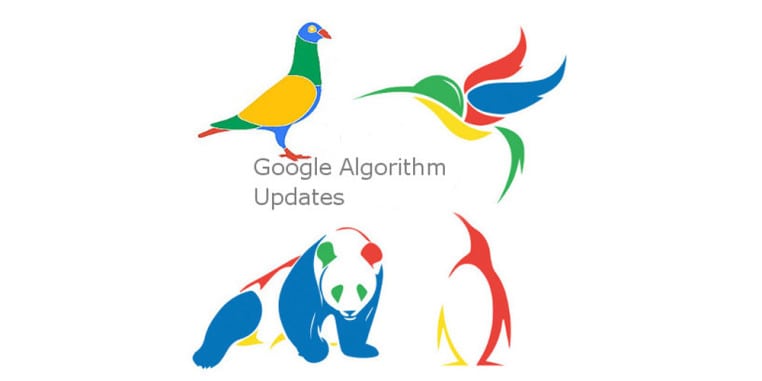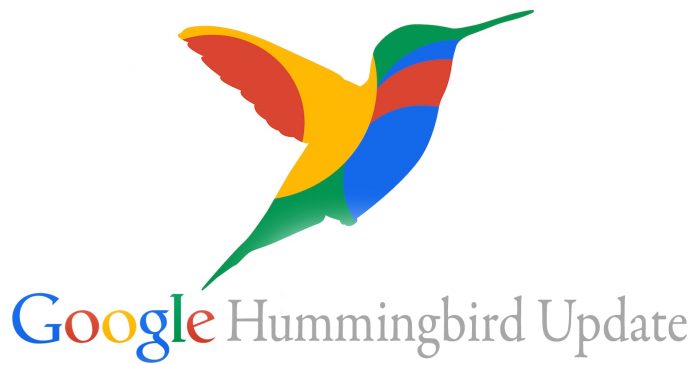There are many things encapsulating the web world. The net-driven, electronically operated and engineered elements work in a closely-knit circuit you call the cybernetic world. This is no rocket science and you are not watching any sci-fi movie. There is no denying that Google has changed the way people viewed computers.

Apart from being search engine giants, it has invariably become an organic part of everybody’s life. In this context, Google Hummingbird implies a search algorithm manoeuvred by the giant. The new variant seeks to make searches more ‘human’ or easy. It seeks to ameliorate interaction with users besides providing them with a direct answer.
Read more: What is Keyword in Digital Marketing?

The net grid
Now, the first question that comes to everyone’s mind is that whether you must change the SEO strategy owing to the Hummingbird panorama. Before going deeper, you need to know that from a user’s perspective or mold, the company appears to be reasonable static barring the clever, colourful and attractive designs that come on its page.
In reality, its architects and operators are ceaselessly toiling to enhance its operational decree, foster logical content and create low-cost sites.

The company issues small updates on a regular basis, where large alterations are quite uncommon. For SEO writers or analysts, the new addition or update could mean the need to rewrite, refine redesign existing websites.

The company have focused on localization and providing data to certain users. The predictive text in motion vindicates the close results that you conceive in mind. The search engine channelizes a compound assortment of data, which includes your search history, location information and demographically popular search results or items.

This helps you to ascertain your query, which is surprisingly, accurate. Bizarre, as it seems, this accuracy is bound to increase with the latest update, which makes the search engine much more responsive and accessible to your questions.
The market directive
If the notion that SEO is threadbare crosses your mind, dismiss it. The terse fact remains that nothing is really going to toss out of the window to chase the omnipotent ranking. The only possible exception in this regard happens to the long, windy keyword, which was creeping into public hearts anyway. Everything that was working before update will continue, unabated.

The functionality is not mutually exclusive to the mechanism. It means engaging, original content continues to rule. The earned, legitimate back-links remain pivotal. The existing signals continue to fetch results and you still need to place keywords carefully and in absolute moderation.
The only perceptible or meaningful change is the manner in which Google’s latest algorithm interprets or responds to what you research.
Breaking the habit
Currently you type a question in the search engine. The algorithm picks words from it, which primarily sends you on a wild turkey chase by notching up links containing similar words in them rather than location links related to actual context of your query.

Quintessentially and traditionally, Google has molded an entire generation of SEO users to pose or type questions in succinct keyword lines or phrases that has little to do with the real query. You call this the trial and error mode of searching. With all the smart changes that Penguin and Panda created on the front, it was just a matter if time for the brainstorming developers to devise smarter search engines.

They needed to smarten things up which would discern your question by perceiving the actual context instead of eloping with the words as separate entities. This implies that Hummingbird is definitely smarter than the others of its ilk. The new algorithm approaches SEO queries in a novel and intelligent manner by utilizing the latest technology fused with existing features.
The cybernetic panache
Rumours are ripe that the Hummingbird update is poised to entail SEO queries by implementing long-tailed or stretched keywords. It tries to decipher the context of your query rather beating around the bush or taking you for ride. The main aim is to provide results, which actually answer your query. The bad news is that there is an integral aspect, which has eluded everyone till now.

As searchers, you would expect Google’s search engines to provide a results page containing links to the most viable websites. This would answer your questions according to their merit or rank. Pertaining to the websites, people compete for these ranks by channelizing SEO tools and providing compelling content.

The hiccup is that you do not expect answer to the queries appearing to the concerned searcher before one gets a chance to display perseverance and credibility for impressing.
Pleasing the public
If you pay attention, you will find that almost all internet derivatives regarding Hummingbird state nothing about Google endeavouring to propitiate websites. The company is trying to help those who seek specific answers with specific questions.
This might seem to be a spoilsport for the websites dishing out good money on genuine, undiluted web marketing based on traffic. The truth is that Google has never sought to provide websites anything beyond a fair chance at a feasible rank by implementing proper SEO.

Concisely, SEO is not mutually inclusive to Hummingbird. You can still enhance your ranking in the search engine by constantly striving to enhance your SEO by providing original content. Competing with Google’s information cards might be irksome, but it is another matter.
The net affirmative
Shrugging aside speculations, you can find many ways to reap the benefits from Hummingbird. Businesses living on the SEO edge or with budget constraints can increase their respective exposure by incorporating good content. The update is an invitation to newer scopes.

This implies expanding your horizons by broadening the quantum of frontal pages. Such entrance pages with good, original content can accomplish various goals. These can help you with Hummingbird on the front. Original pages offer newer opportunities to discern search engine questions. You can introduce or use long-tailed keywords besides getting a broader topic coverage space for your own expertise.

You have brand new approach to keyword viewing and good SEO culminates into good marketing. This is the main objective. It shifts a website’s stance on a bigger audience. This propels you to connect with a greater market. The net impact is that SEO is far from dead or decaying.
It is constantly evolving and like an orchestra conductor, Google is leading you along a path that is bound to reach the crescendo before becoming the masterpiece.


















